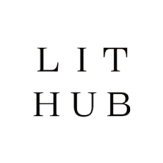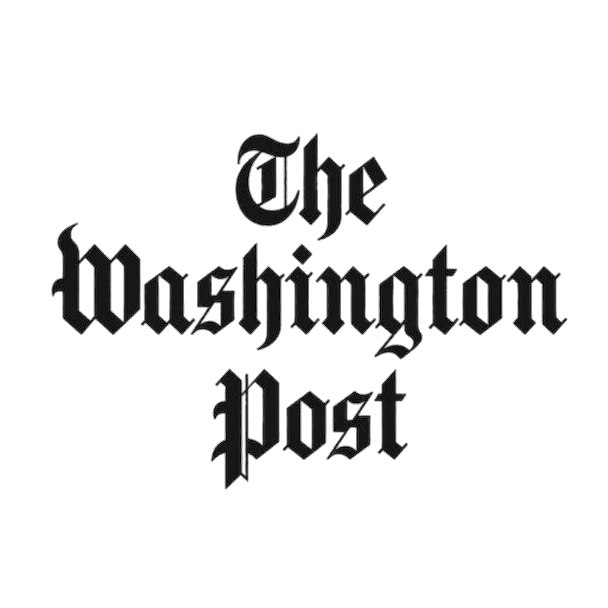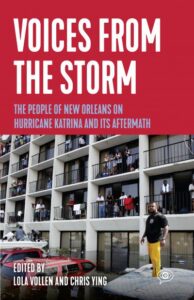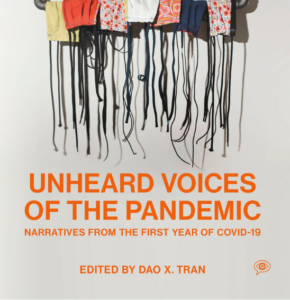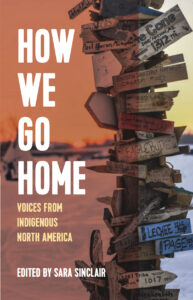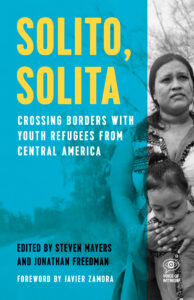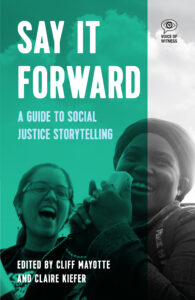About the Book
On September 20, 2017, Hurricane María pummeled Puerto Rico for over thirty hours. As brutal as the storm was, the real catastrophe was yet to come. Lack of government support left many in the archipelago without electricity, clean drinking water, food, and medical care for months. Years later, Puerto Rico is still recovering.
Mi María: Surviving the Storm brings together seventeen stories of perseverance and community that ask what it means to be a US citizen in a colonial context, how communities come together in the wake of disaster, and how precarity is exacerbated for those on the frontlines of the climate crisis.

Narrators Include:
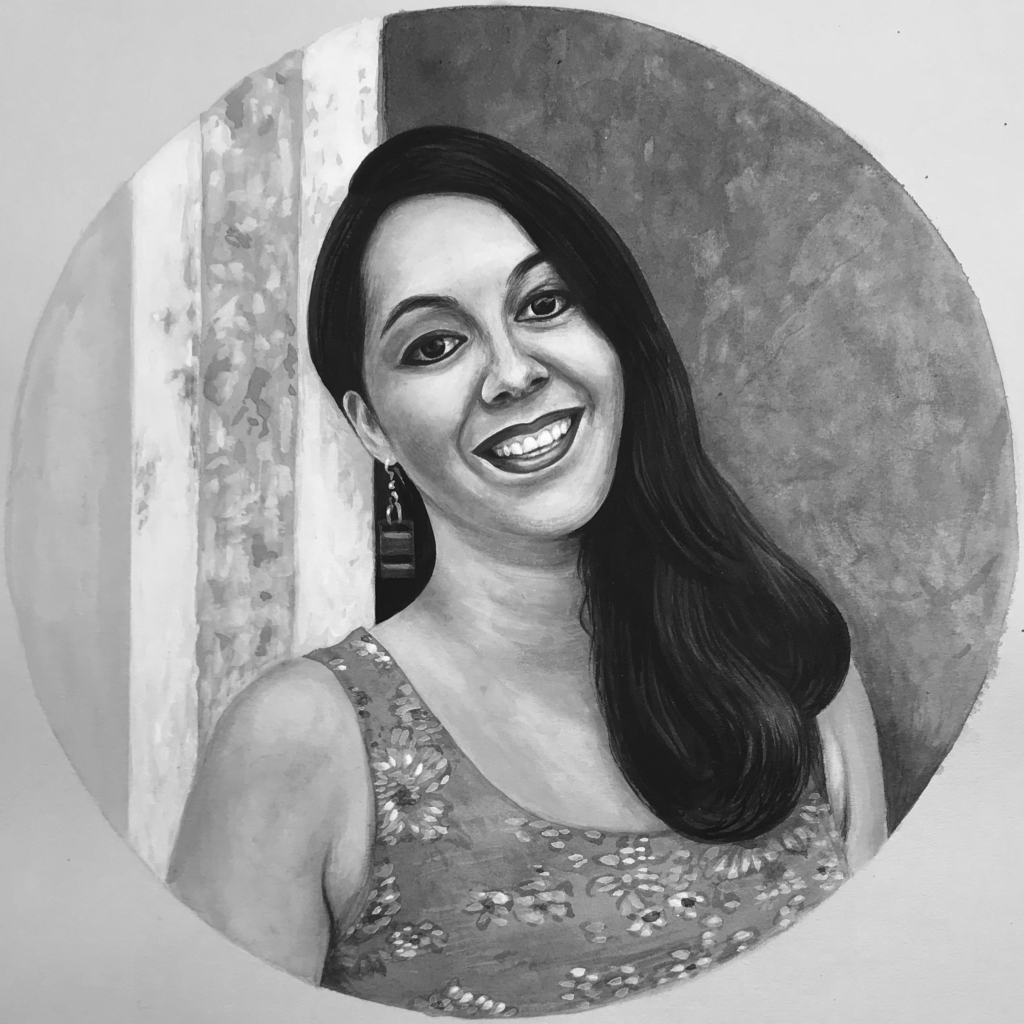
ZAIRA, who survived the hurricane by floating on a patched air mattress for sixteen hours.
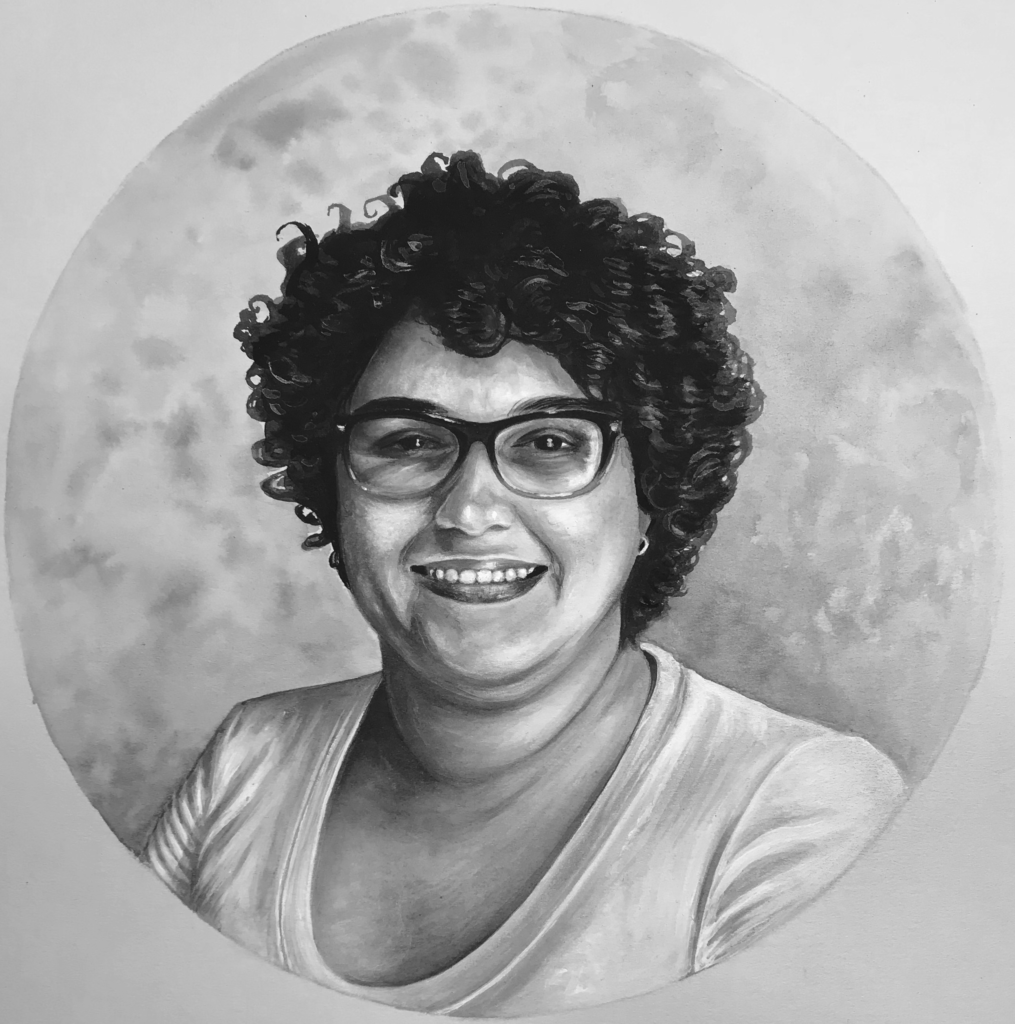
NEYSHA, who gave birth prematurely in a clinic without electricity, running water, or a working phone.
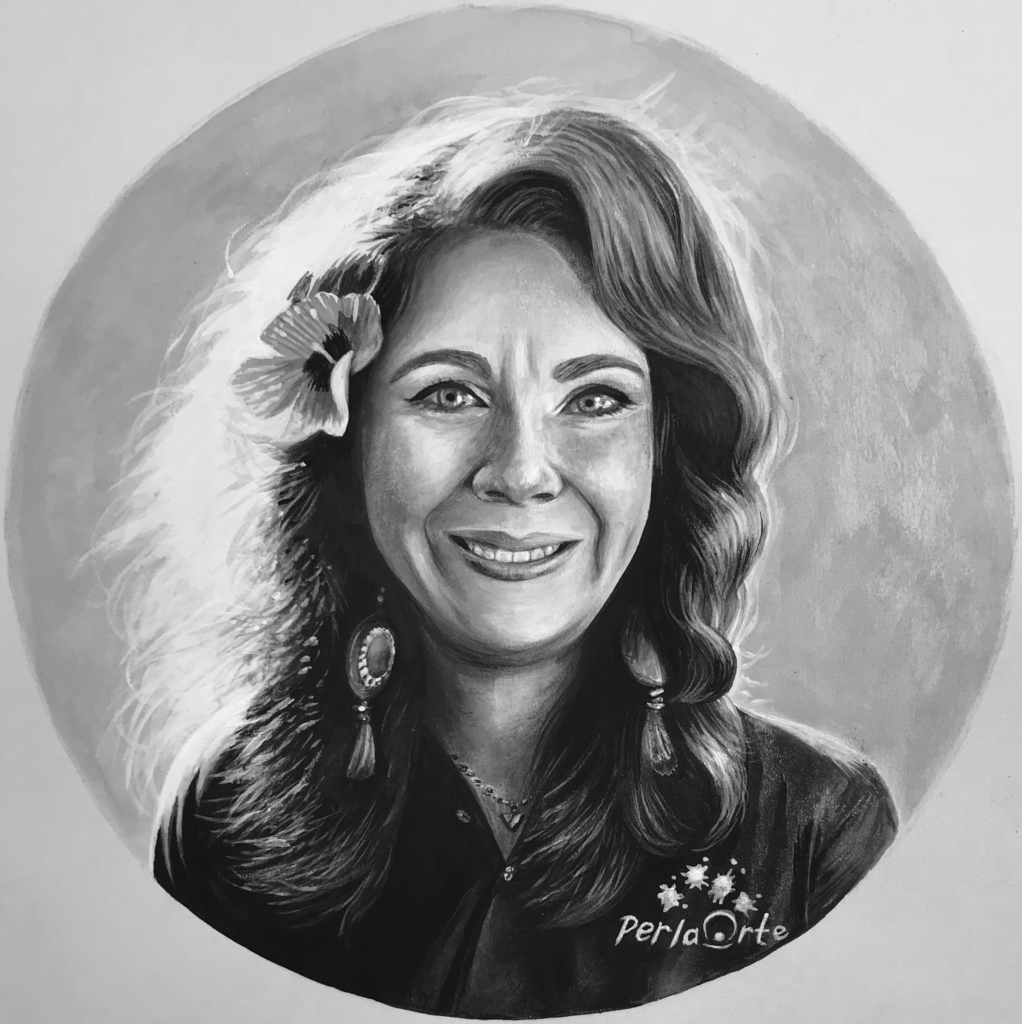
LOREL, who fed hundreds of people despite not receiving aid from the supply ships that docked minutes away from her neighborhood of La Perla in San Juan.
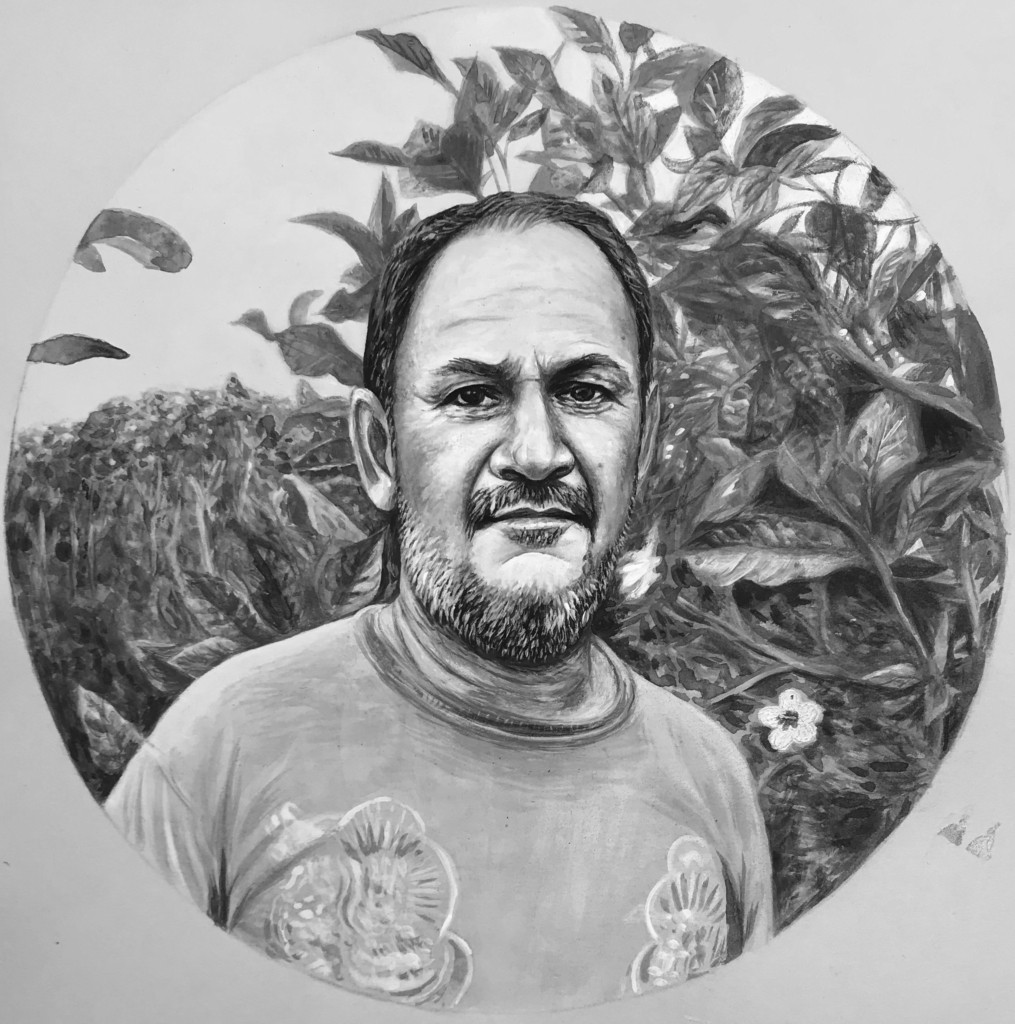
CARLOS, a coffee farmer whose harvest and home were destroyed for the second time in his life.
Related Resources
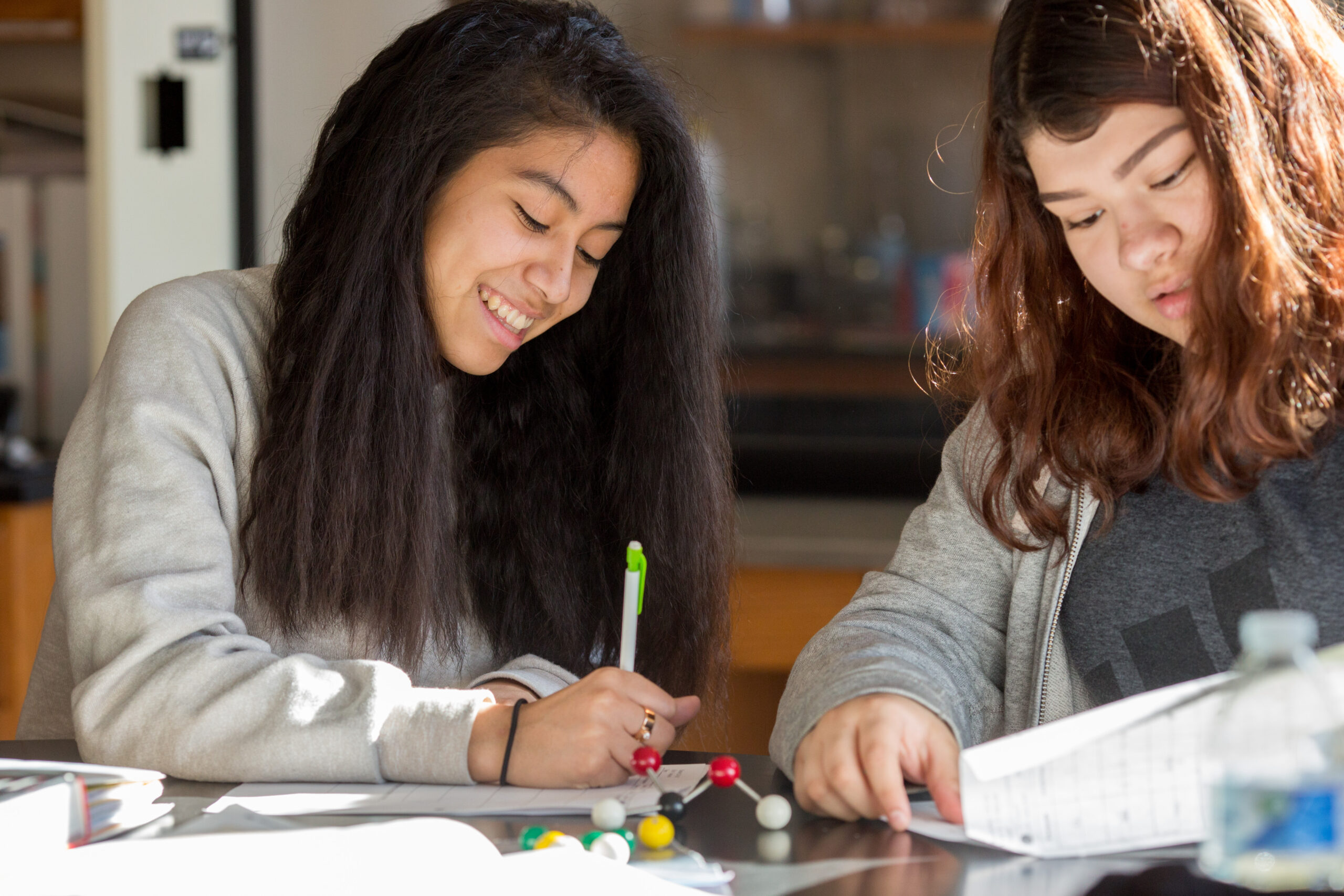
View the Lesson Plans
The lessons use oral history to promote a nuanced understanding of Puerto Rico after Hurricane María.
Book Club Discussion Questions
Use these questions to encourage meaningful conversations about the book.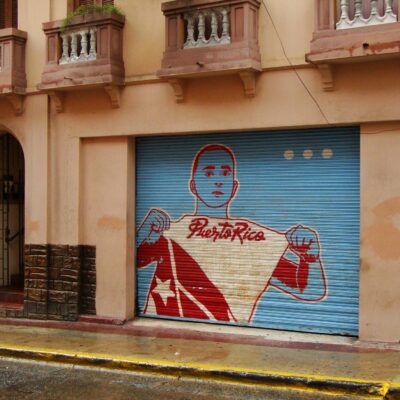
10 Actions to Support Puerto Rico
Things you can do to support Puerto Ricans in the aftermath of climate disaster.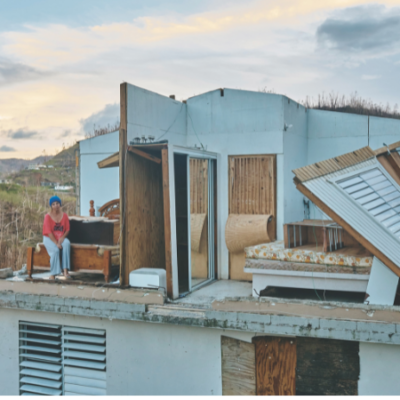
Access in Spanish
Download the book’s intro and first narrative in Spanish.Media Coverage
About the Editors:
Ricia Anne Chansky is a professor of literature in the Department of English at the University of Puerto Rico at Mayagüez.
Marci Denesiuk is a writer and an adjunct professor in the Department of English at the University of Puerto Rico at Mayagüez.
Praise for Mi María: Surviving the Storm:
A crucial oral history by Puerto Ricans surviving the twin disasters of Hurricane María and colonialism.
Molly Crabapple, author
Through first-person narratives and biographical profiles Mi María offers a kaleidoscope of experiences and personal stories that take readers behind the headlines of Hurricane María. The book offers an important archive of experiences, challenges, and stories that are otherwise absent from mainstream coverage of Puerto Rico and is sure to be of interest to both current audiences and future generations of readers interested in the lived experience of one of the largest political and environmental disasters in US history. The chance to hear directly from those left out of national headlines is at once moving, unsettling, and eye-opening.
Yarimar Bonilla, coeditor, Aftershocks of Disaster: Puerto Rico Before and After the Storm
For a disaster born at the intersection of colonization and the climate crisis, only a first-person plural account can truly do justice in a post-tragedy landscape where there has been no justice. Mi María: Surviving the Storm is a triumph of eyewitness accounts that centers survivors and tells a three-dimensional truth that can only be pieced together from multiple perspectives.
Aya de León, author, Side Chick Nation
Passionate and urgent; heart-wrenching and deeply infuriating. Mi María holds space for us to process the multiple and ongoing traumas of Hurricane María—the violence and devastation of the storm itself, yes, but also the deep-seated traumas of state failure, colonial neglect, and capitalist corruption Puerto Ricans found themselves forced to find solutions to while rebuilding their communities in the aftermath of the storm. These are stories not just of resilience. They are stories of resistance, solidarity, and the ethos of mutual aid—the daring to radically reimagine our world in new ways when confronted with our own survival.
Sara Awartani, Committee on Ethnicity, Migration, and Rights at Harvard University

